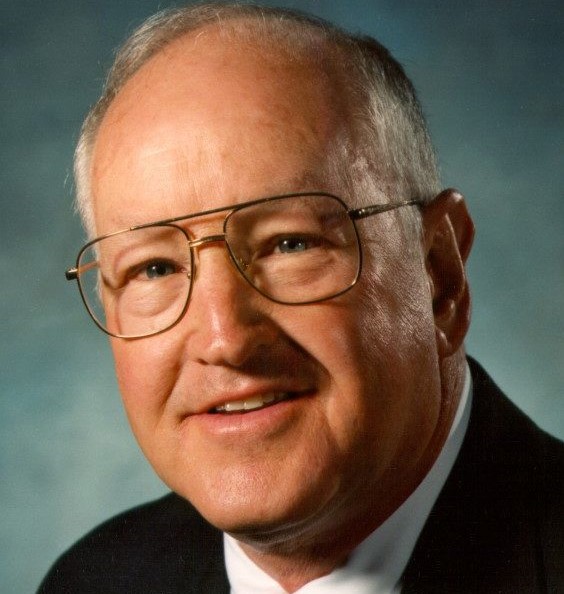Case Status: Loss. N.Y. Court of Appeals upheld lower court dismissal of case.
Maas v. Cornell University

Professor Dragged Before Tribunal
CIR represented James Maas, a professor of psychology of 31 years at Cornell University, who was hauled before the Professional Ethics Committee (“PEC”) of Cornell’s College of Arts & Sciences to defend himself against charges of sexual harassment.
Maas is a renowned professor of psychology with an expertise in the causes and effects of sleep deprivation. In addition to his work as a researcher, Maas taught his own courses at Cornell, and his Introduction to Psychology played each year to overflow audiences of up to 1,900 students. In 1994, Maas received a student body award as the College’s best teacher, and the Cornell Daily Sun’s annual poll of undergrads found Psych101 the most popular course on campus, and Maas the best professor.
Maas was widely known as a warm, affectionate person who took a personal interest in the students who worked with him, often inviting his assistants to share in the life of the Maas family. Many of his students have attended birthday parties for his wife and children and exchanged holiday gifts with the Maases. Some served as nannies to the Maas children and accompanied the family on vacation trips.
Maas also disseminates his research findings through documentary films. He has produced numerous award-winning documentaries and educational segments for the major TV networks, as well as for PBS and the BBC. As demand for his films escalated among universities, corporations, and television networks in the late 1970s, Maas began to train students as members of his film crew. These positions were in high demand, since they offered pay, travel, and valuable experience.
Hundreds of students have appreciated and benefited from Maas’s attention. Even the PEC acknowledged his “generosity,” the “exceptional quality of his teaching and advising,” and his “habitual use of his influence to benefit his students.” Even Maas’s accusers were grateful for his affection–until they changed their minds.
The Accusations
On May 31, 1994, two days after commencement, Maas received a mailing from a Sexual Harassment Counselor within the Arts College. Enclosed were four complaints, alleging sexual harassment by James Maas. They were accompanied by a cover letter, which informed Maas of the filing of the charges. The counselor declared that he had found the charges meritorious (even without investigation), and that the PEC should sanction Maas.
The allegations against Maas were first made by twin sisters that had worked on his film crews. They eventually found two other former crew members to join them as complainants. After graduating, the four women charged that kissing and hugs, exchanges of gifts, and various remarks made while working for Maas constituted a pattern of sexual harassment.
In the proceedings that followed, Cornell prevented Maas from questioning his accusers, denied him the right to counsel and even the right to select an adviser, failed to adhere to its own definition of sexual harassment, and violated promises of confidentiality by waging an all-out publicity campaign against Maas.
Although Maas was not found, according to Cornell, “to have either had, or sought, an intimate sexual relationship with any of his students, nor to have engaged in [any] physically abusive behaviors,” the university imposed sanctions against him.
